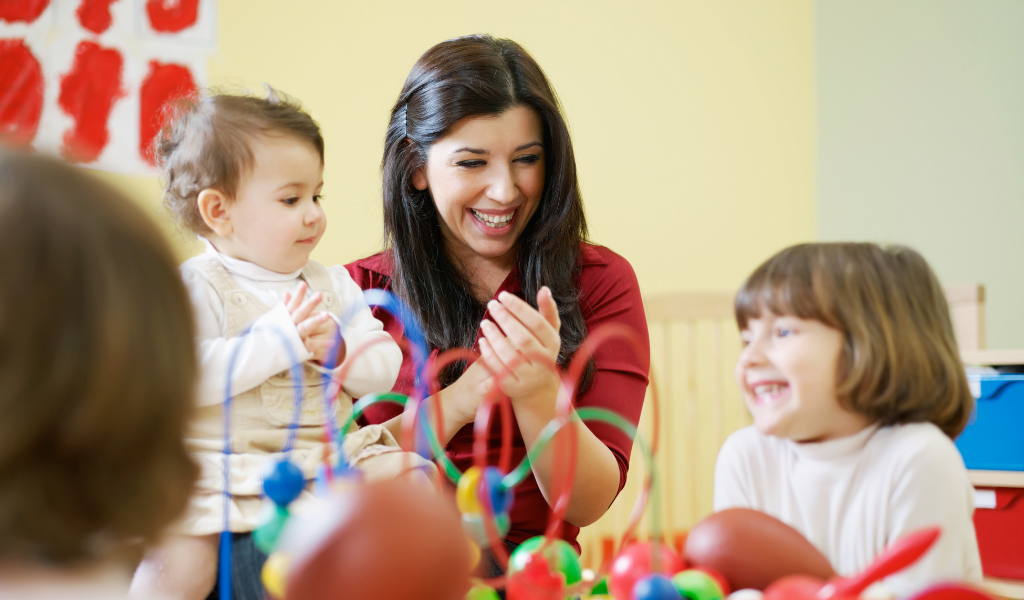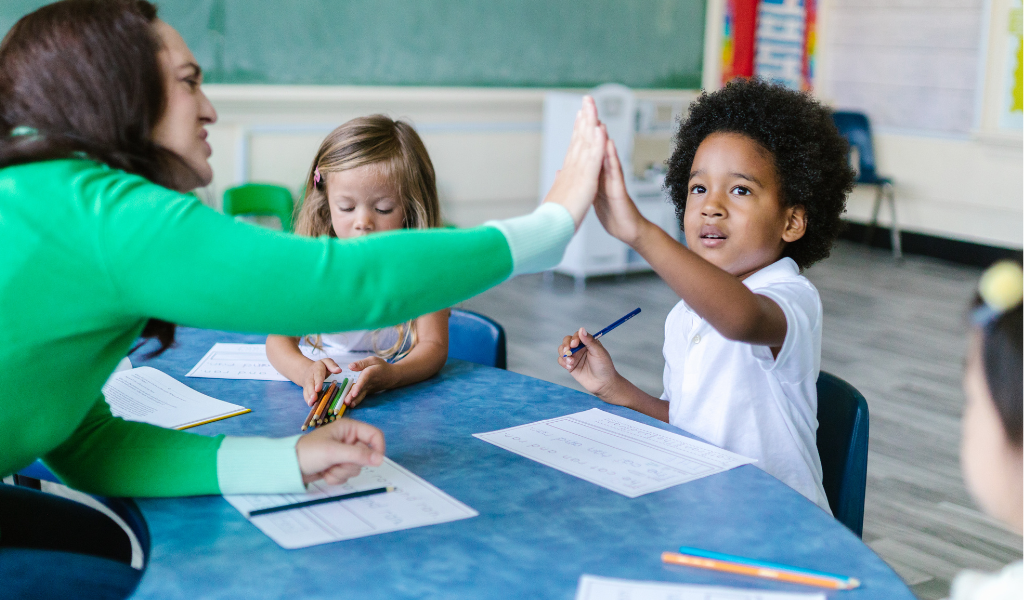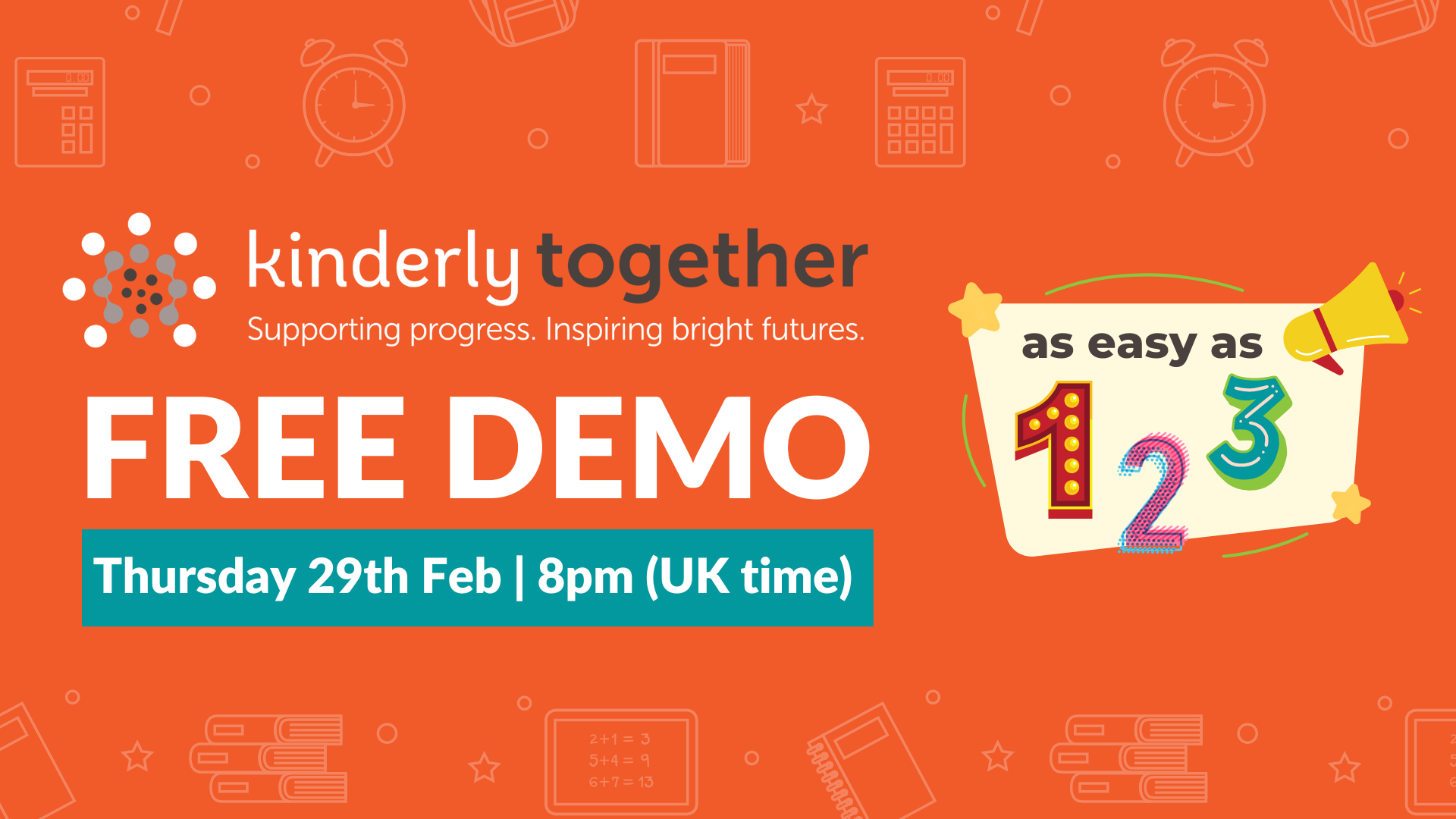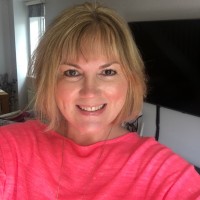Observations are a vital part of the Early Year’s practitioner’s role when working with young children as they enable us to know where the child is at in terms of their progress. This lets us assess where the child has achieved or mastered a skill and where they may need extra support. Observations enable practitioners to build understanding of the individual children in our care and from that understanding to build relationships with them.
Observations also give information about the effectiveness of the environment where we can ensure it affords opportunities for children to create, explore, make their own decisions and use their imagination.
Planning needs to relate to the children’s interests and individual needs. Good, high-quality interactions with children will enable practitioners to develop meaningful relationships with them and ensure observations have purpose and are insightful and this will ensure that planning, regardless of what type of planning is used in each setting, is relevant.

It is important to remember that less really is more! We cannot possibly record every interaction we have with the children; this does not mean that we have not observed, considered and assessed each interaction. This means we need to decide what we need to record. Our recorded observations should be purposeful and insightful, that way the experiences and opportunities we plan for will meet the needs of each child. We need to ensure we are not always repeating the same information for each child, but have observations that reveal relevant information about individuals.
Children are always interested when they see us writing about something – this shows them the value and purpose of writing – sharing the observation you have made with the children demonstrates to them that you have valued and respected that moment with the child. It enables the child to see and hear their progress and then this can be celebrated together. Using observations, whether they be written or a photo, to share past experiences and moments with the children really supports their understanding of what they have achieved. It is a great opportunity to talk together and reflect on progress so that we can really tailor planning to focus on children’s needs.

Observations give us the opportunity to hear the child’s voice. We should always record in an unbiased and uncritical way, only writing exactly what we see and hear, not what we assume we are seeing and hearing. This ensures that we can be as objective as possible. The child’s voice can come through here, not ours, which is another way that we can ensure our planning reflects the interests of the children.
Sharing observations with parents enables them to celebrate their child’s progress too. It gives parents the opportunity to understand this progress and therefore ensures this continues at home, allowing parents to support their child. This provides consistency for the child between home and the setting. This can inform planning as we will gain understanding of what happens at home and add to and reinforce this learning.
We must reflect on the outcomes of observations or there is little point in recording them. It is useful to consider exactly what you observed and why it was important. We should reflect on how the observations have added to our understanding of the child and what the observation means to their learning. We can also reflect on our role within the observation, what did we do to support, extend and develop the child’s learning. This can enable us to ensure that we have been sensitive and playful with our interactions with the children allowing them to have control over their learning to enable deep engagement.


Over the last 2 decades, Dawn Rigby has been immersed in all facets of the Early Years sector. Dawn originally trained as a Montessori teacher, and has Early Years Teacher status, a Postgraduate Certificate in Education and a Masters Degree from the University of Roehampton.
A key principle of her practice is that all those working with children need a good level of understanding of knowledge and theory and an outstanding practitioner needs to be able to demonstrate this knowledge by putting it into practice.
Dawn firmly believes in the child’s right to play and is an advocate for a play curriculum in early years especially through In the moment planning.